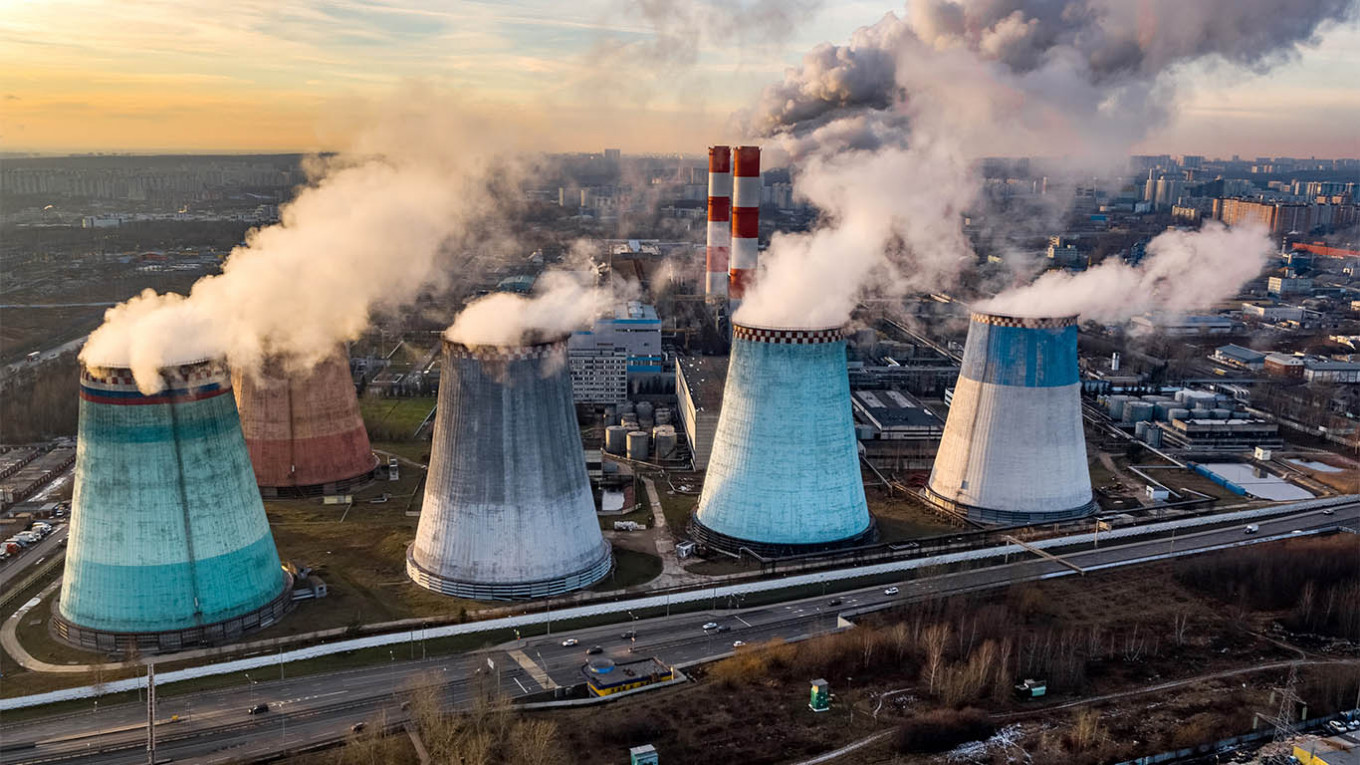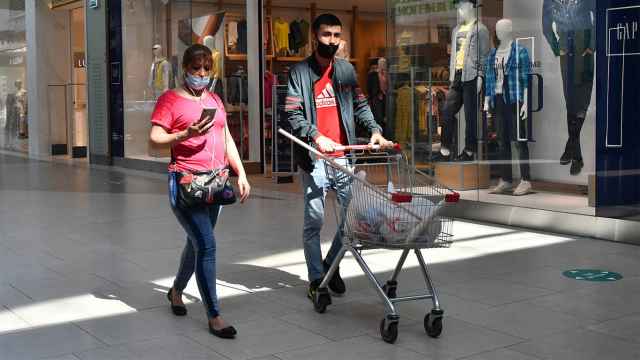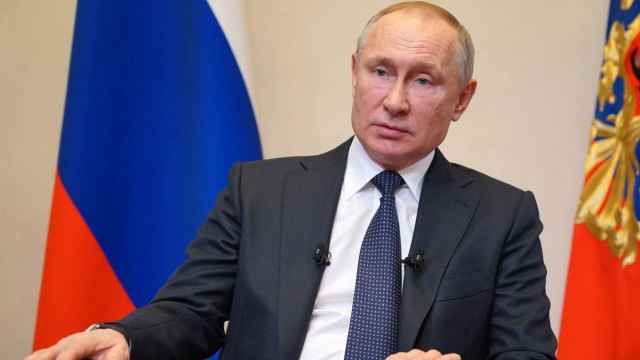Some of Russia’s largest companies have complained about excessive bureaucracy and administrative hurdles in their attempts to access emergency financial support to deal with business losses from the coronavirus, Russian daily Kommersant reported Thursday.
Frustrations are running so high, the paper said, that many businesses are trying to leave the government’s list of “systemically important” companies — a designation given to more than 1,300 of the country’s largest organizations which was supposed to open up access to the most generous kinds of cheap loans, tax deferrals and state subsidies.
Instead, just 139 — 10% — of the companies have been able to access state-backed loans worth a total of around 130 billion rubles ($1.85 billion) at an average rate of 2.9%. Part of the poor take up was also attributed to the fact that some companies were reluctant to take government-backed support, for fear of “what will be demanded” of them once the pandemic has subsided.
Russia’s smaller businesses have complained about a lack of support since the start of the crisis, with many citing a sense of injustice that the government is taking care of the largest companies while leaving smaller firms to face the brunt of the pandemic unassisted.
This latest report shows that large firms are also unhappy with the government’s economic support package, which has been significantly smaller than those dished out in developed countries. For instance, Russia has no catchall furlough-style scheme where companies can temporarily lay off staff. Instead only the most affected companies can obtain cheap salary-support loans of up to 12,130 rubles ($172) a month per employee — equivalent to a quarter of Russia’s average wage — which is then written off if the firm maintains at least 90% of its workforce through the crisis.
Car maker Nissan was among the companies that requested support from the government but were unable to meet the excessive requirements to provide “highly sensitive” financial, operational and personnel data to the government, Kommersant reported. Other businesses said they were worried any data they did provide could fall into the hands of their competitors.
One firm told Kommersant it was being forced to submit reports to the government on a daily basis, with different departments often requiring duplicate information to be uploaded into their specific system using their own forms and reporting requirements.
Businesses also complained about the government’s stress testing system, which was designed to assess the financial hit from the pandemic and act as another qualifying criterion to determine eligibility for support. Firms said the tests — which require them to submit another heap of data — were being rerun every three days. Meanwhile, many businesses say they need help, but cannot yet prove the financial damage from the pandemic, which could only show up on the company’s books in the third or fourth quarter.
Kommersant reported that companies — which lobbied ferociously to be on the list at the start of the pandemic — are now trying to get themselves removed to ease the administrative burden.
A Message from The Moscow Times:
Dear readers,
We are facing unprecedented challenges. Russia's Prosecutor General's Office has designated The Moscow Times as an "undesirable" organization, criminalizing our work and putting our staff at risk of prosecution. This follows our earlier unjust labeling as a "foreign agent."
These actions are direct attempts to silence independent journalism in Russia. The authorities claim our work "discredits the decisions of the Russian leadership." We see things differently: we strive to provide accurate, unbiased reporting on Russia.
We, the journalists of The Moscow Times, refuse to be silenced. But to continue our work, we need your help.
Your support, no matter how small, makes a world of difference. If you can, please support us monthly starting from just $2. It's quick to set up, and every contribution makes a significant impact.
By supporting The Moscow Times, you're defending open, independent journalism in the face of repression. Thank you for standing with us.
Remind me later.






